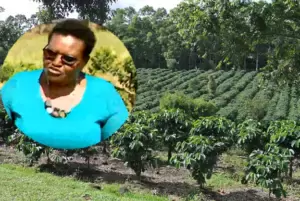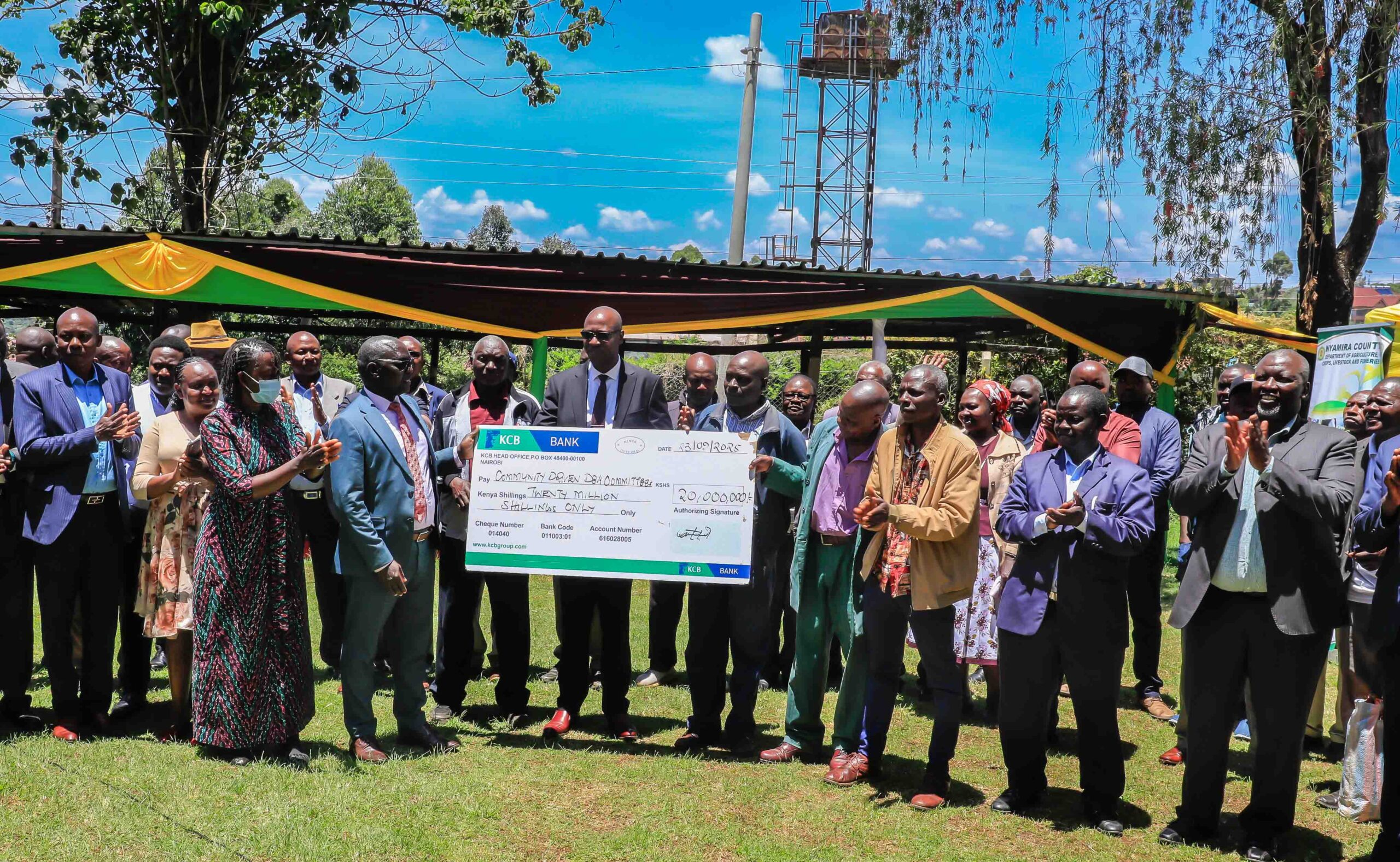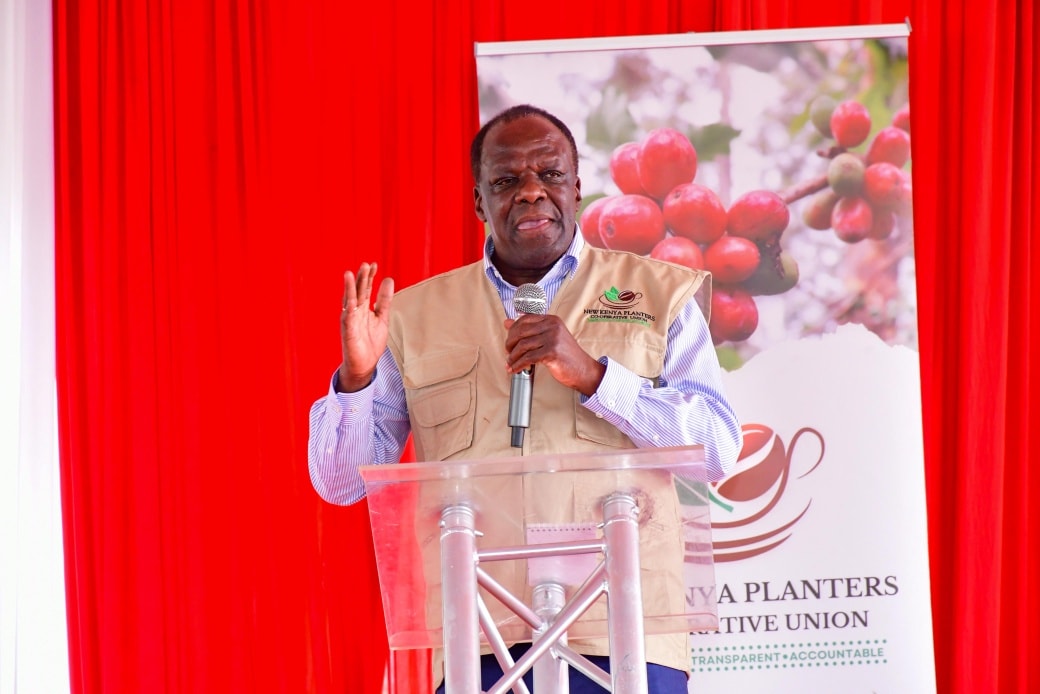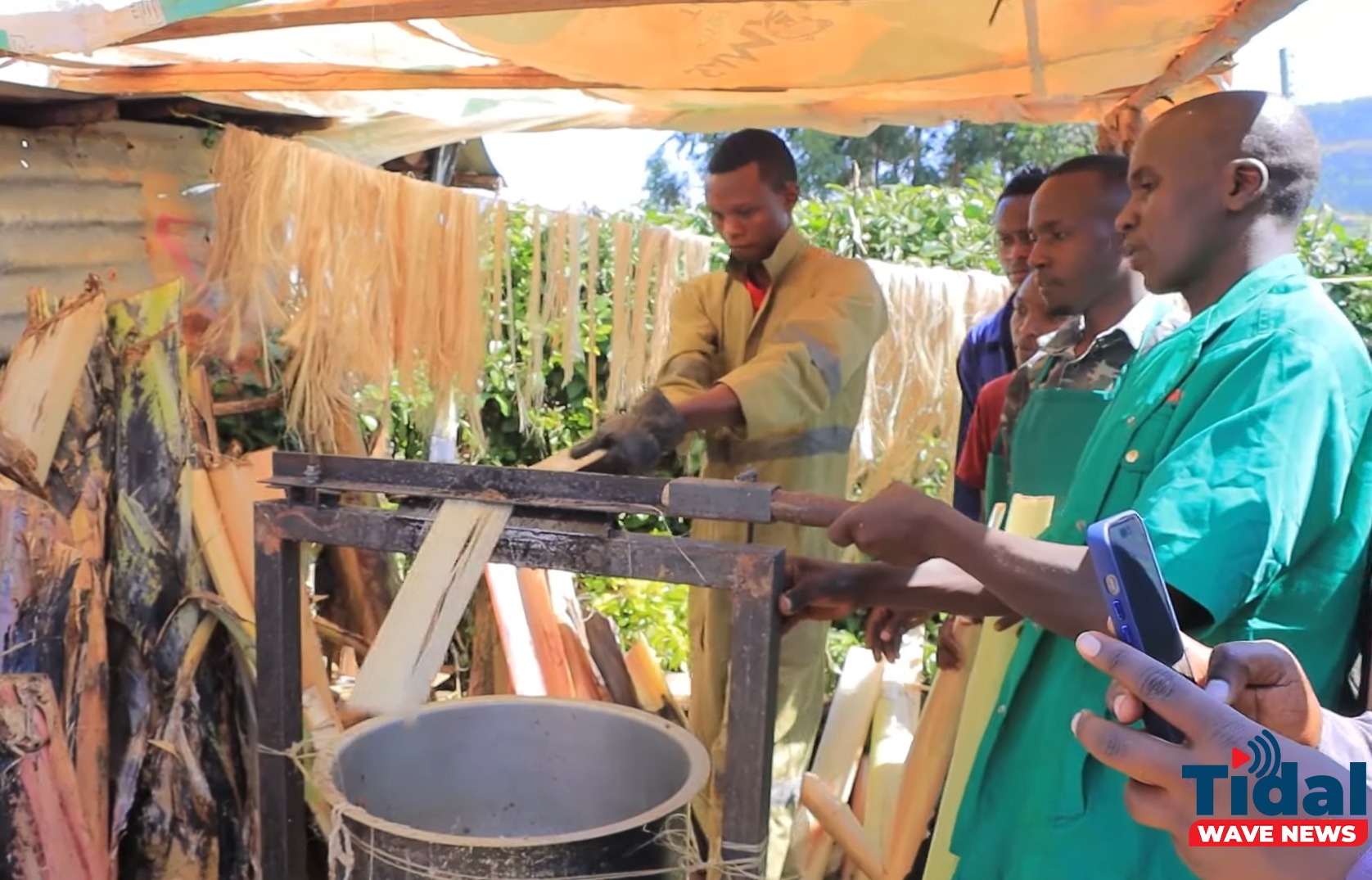
By Arnold Ageta
For Zipporah Njeri, a coffee farmer in Nakuru’s Bahati area, farming coffee is a family legacy passed down through generations.
“My coffee history dates back to first world war, 1918,” she explained. “The white settlers were given our land and our great grandparents were misplaced. Our parents came this way to look for jobs.
The wazungus here were planting coffee. That is where our great grandparents started. They were employed to take care of coffee: planting, weeding, plucking.”
Although Njeri is a lecturer by profession with no formal agricultural training, when she and her husband purchased their coffee farm, she fell back on the family’s generations of coffee farming knowledge.
“I was even not in an agriculture class. When we bought this farm it had coffee. These used to be the white settlers’ farms. That time coffee was not paying well,” she said.
Njeri has implemented organic techniques on her farm like mulching and using manure instead of chemical fertilizers. She has also adopted a single stem pruning system for the coffee plants.
“You need a single stem system so that the single stem can feed well so that they attain full size to produce good and high-quality cherries,” she explained. The larger cherries command higher prices when Njeri sells her crop.
Coffee farming hasn’t been without challenges, however. Njeri has dealt with moles, drought, and plant diseases on her farms. But she has persevered and even expanded her coffee holdings over time.
“I started up with three acres. I have another, a quarter of an acre in my home compound, it is one year and half now and it is doing very well with 350 bushes,” she said.
Now retired, Njeri hopes to pass the legacy of coffee farming down to the next generation as it was passed down to her.
“I am trying to inspire the younger generation because they are energetic with new ideas and can easily look for new markets outside there,” she said. Her message to youth is clear: “For the young people, start early. This is the way to go.”
Three kilometers from Njeri’s farm is Joseph Githinji’s coffee farm. For Githinji, his farming experience started with vegetable and fruit farming back in the 1980s. In 2022, he ventured into coffee farming. He does coffee farming with his daughter.
“I have been hearing sweet stories about coffee farming. This triggered the idea of starting coffee farming and I do not regret taking up the idea,” happily said Githinji.
Like Njeri, Githinji uses single stem in his coffee farm and says it is the best according to the advice he received from fellow experienced coffee farmers.
“Each of these stems gives me three kilograms and of good quality grade AA and AB. Quality is what motivates me as I assess the market viability,” he said.
However, he says he is trying coffee farming because of the government’s proposed revamp of coffee farming.
“If the government implements the changes it has promised, then we will reap big rewards,” he said.
His daughter, Jane Maturi, says she used to do maize farming but joined her father in coffee farming after acquiring coffee farming skills from him.
“I started off with 32 stems and I can confirm that coffee farming is profitable if the government stabilizes coffee farming in the country and supports coffee farmers,” she said. “When my father gets paid, I also get paid from my farming.”



